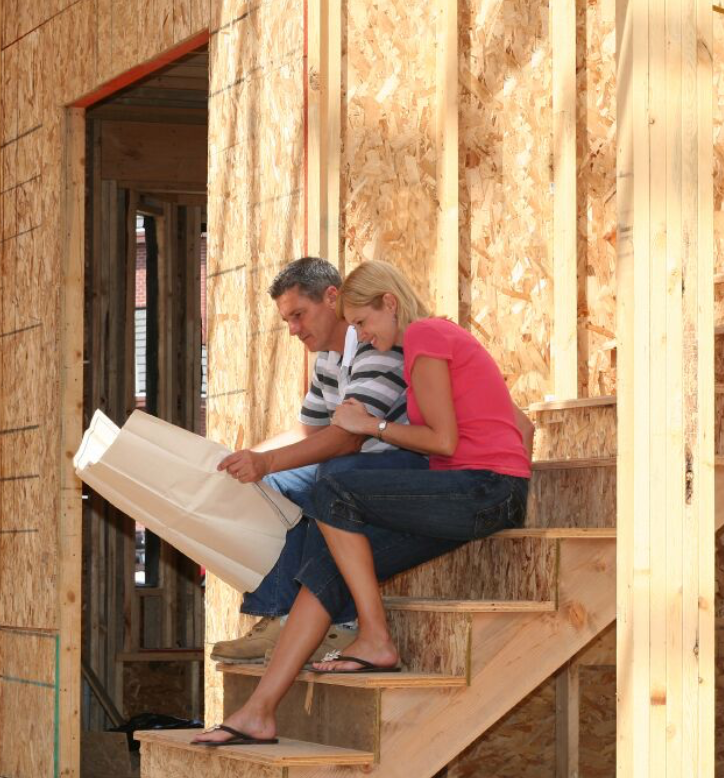An online definition of “fixer upper” is this: a property that will require redecoration, re-construction or re-design, though it usually can be lived in as is. (Another definition is a TV show of the same name that had a five-year run on HGTV.) Here are four advantages…
Here are four advantages…
At a time when real estate prices appear to be ready to rise, the fixer-upper is more likely to be in play for home buyers or home investors. There can be advantages and disadvantages to fixer-uppers.
 Here are four advantages…
Here are four advantages…Profit potential: Buying, fixing up and re-selling a property can be a good recipe for making a profit in real estate, as long as it’s accompanied by realistic estimates about the cost of renovations and the potential resale marketability.
Ideal neighbourhood: Having a chance to live in a residential area that is just beyond your means financially can be realized when you buy a house that needs some form of re-doing, because it’s likely to be available for less than market value.
Larger house: Just like buying into a pricier neighbourhood, you can generally get more for your money when buying a house that’s not as appealing as others in the neighbourhood because it needs repair.
Savings: This advantage of buying a fixer-upper may depend on how much of a DIY-er you are — you can save a substantial amount compared to buying the same type of house that’s in turn-key condition.
Call Jennifer (604-726-8768) or Dale (604-922-3353), who have years of experience in counselling clients on whether a fixer-upper is a good idea.
And watch for another Nexus Blog, this one about the potential disadvantages of stepping into the world of fixer-uppers.